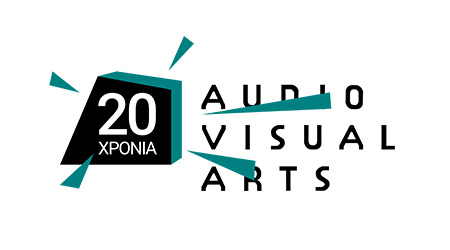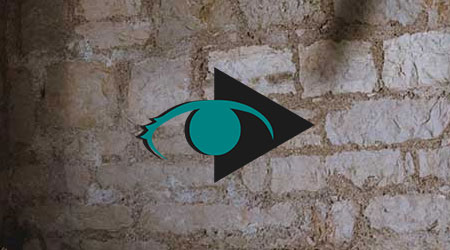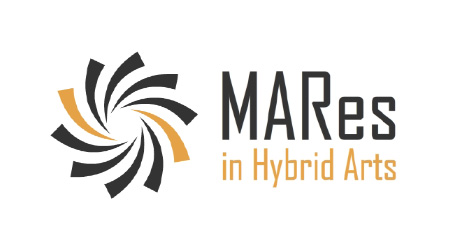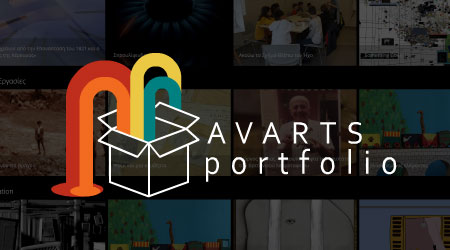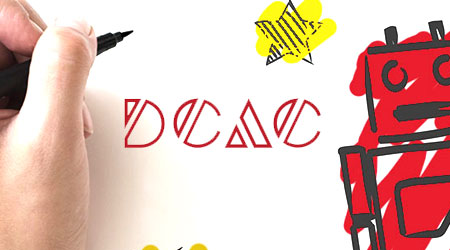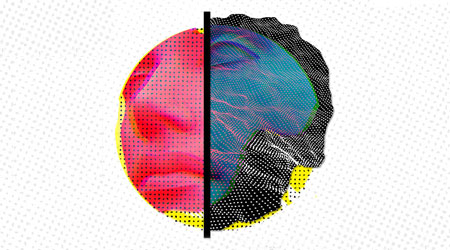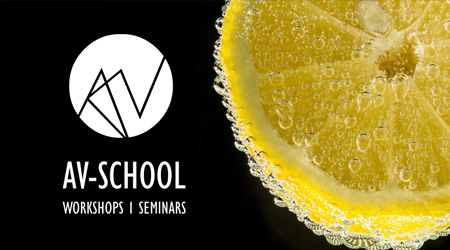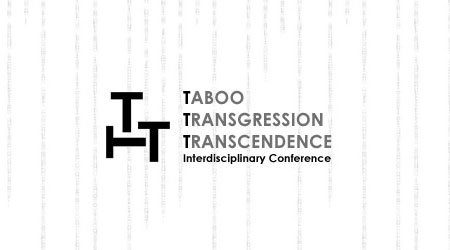Teaching of Art & Creative Technologies
Teaching Staff: Papadopoulou Agnes
Course Code: THE905
Course Category: Deepening Knowledge
Course Type: Elective
Course Level: Undergraduate
Course Language: Greek
Delivery method: Lectures
Semester: 9th
ECTS: 5
Teaching Units: 3
Teaching Hours: 3
E Class Page: https://e-class.ionio.gr/courses/DAVA334
Teaching Structure:
| Activity | Semester Workload |
|---|---|
| Lectures | 39 |
| Literature Study and Analysis | 56 |
| Practice and Preparation | 30 |
| Course Total (ECTS: 5) | 125 |
The course explores and reinforces the relationship between art, technology and education. It analyzes the integration of creative and emerging technologies in Art Teaching and sets out its practices, themes, and possibilities. Emphasis is placed on acquiring knowledge related to the teaching of digital art creation and its methods, as well as on the management of creative technologies that are appropriate for the school environment of learning (in Primary and Secondary Education). At the same time, special emphasis is placed on the practical experience of students by incorporating creative technologies into the curriculum and creating expressive digital art and other audiovisual and appropriate digital tools and materials for their use in the classroom. Students will be encouraged to work in an innovative way with creative materials and digital technologies and means and combine them with interdisciplinary, cooperative and playful pedagogical methods. Examples of such technologies include digital manufacturing tools such as 3D printing, laser engraving machines, smart materials such as e-Textiles, robotics and interactive systems and programming environments such as Scratch, Processing, MAX / MSP. Furthermore, the course will encourage the exploration of hybrid digital methods such as data visualization, augmented reality, video projection mapping and the distribution of information through social networking, as implemented in Web 2.0 communities such as Facebook, Twitter and Flickr. Particular emphasis will be given to the use of new and emerging digital tools and materials that are intrinsically linked to the most well-known laboratory materials such as clay, paint, and cardboard.
Participants are expected to:
- concetrate on the essential characteristics of the “medium”, to identify correlations and demonstrate causal effects, without the meanings being degraded in language games and the common sense being lost
- to analyze, synthesize data and information, help their students to collect data without accumulation and misuse of information, and be able to manage the problem of the intangible,
- to design many and different activities using the necessary technologies in the teaching of art courses to meet and satisfy the needs of each student
- to suggest reasoned teaching practices and uses of digital technologies
- to acquire specialized knowledge on the design of integrated educational programs in the field of Art and Technology
1st Week
Teaching of Art courses, challenges of the global and new technology. New media and alternative teaching suggestions, constant connectivity, multicultural reality as well as with respect to the cyberspace, the globalization, virtual reality and the present culture
2nd Week
New media and combination of languages, dissolution of the generic frontiers -Learning strategies, case-by-case methods (critical teaching, exploratory learning, interdisciplinary approach, socio-knowledge theory)
3rd Week
Ways of expression, language as a code (social practices) and space of information and attention management: the visual concept of the cognitive process, poetics of navigation, the seduction of images, written discourse, oral speech, acoustic skills, audio landscapes, orientation or disorientation within space, eventuality of aesthetic values
4th Week
Network and perpetual transition process. Use of criteria of relevance, relationship, cause, effect to ithe homogenizing logic of network communities: Analysis of morphological characteristics (from the words to the pictures, object, vertical, horizontal, beauty, symmetry, law of rhythms, exuberance, use of color, shapes and colors, time, space)
5th Week
Digital art- Internet art with iunlimited possibilities and a cultural field that offers real acts of resistance (learning projects for school students)
6th Week
New artists' roles (from work to experience) – the pluralistic and polyphonic face of the artist - Network artistic activism- social, cultural, educational aspects
7th Week
Creativity – Stages of the creative process-creative persons’ skills-creative construction tools
8th Week
Digital materiality - New issues for educational programs. Dgital tools and materials that are intrinsically linked to the laboratory materials such as clay, paint, and cardboard
9th Week
Artistic creation, visual and acoustic tools, interactive systems and programming environments such as: Scratch, Processing, MAX / MSP
10th Week
Digital narration - Interactive narration - Illusion, narration and interactivity
11th Week
Cultural practices (folk culture as a field of atomic and collective expression) as digital representations, e-culture politics, intercultural education
12th Week
Art and digital games (gamification)
13th Week
Software and websites. Design thinking, creative thinking and problem solving
Eagleton, T. (2006). H ιδεολογία του αισθητικού. Αθήνα: Εκδόσεις Πολύτροπον.
Καστοριάδης, Κ. (2008). Παράθυρο στο χάος. Αθήνα: Εκδόσεις Ύψιλον.
Moles, A. (2005). Θεωρία της πληροφορίας και αισθητική αντίληψη, Αθήνα: Εκδόσεις ΜΙΕΤ.
Castane, H. (2011). Λέξη και εικόνα. Πάτρα: Εκδόσεις Opportuna.
Terry Eagleton, Ideology of Aesthetics
Castoriadis Cornelius, Window in Chaos
Abraham Moles, Theory of Information and Aesthetic Concept
Hervé Castanet, Word and Image
Material posted in e-class
Enhanced by multimedia content.
The learning process is supported by the asyncrhonous e-learning platform e-class.
Written examination + workshop performance/assignments
or Projects/Assignments as an evaluation method
Back
| << | < | February 2026 |
> | >> | ||
| Mo | Tu | We | Th | Fr | Sa | Su |
1 |
||||||
2 |
3 |
4 |
5 |
6 |
7 |
8 |
9 |
10 |
11 |
12 |
13 |
14 |
15 |
16 |
17 |
18 |
19 |
20 |
21 |
22 |
23 |
24 |
25 |
26 |
27 |
28 |
|
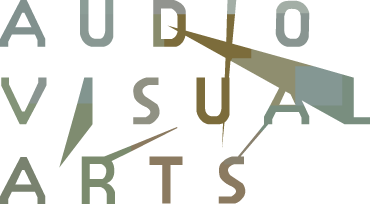


 Teaching of Art & Creative Technologies
Teaching of Art & Creative Technologies
